What Brexit means for animals
UK wildlife at greater risk thanks to post-Brexit regulation gaps, claim charities
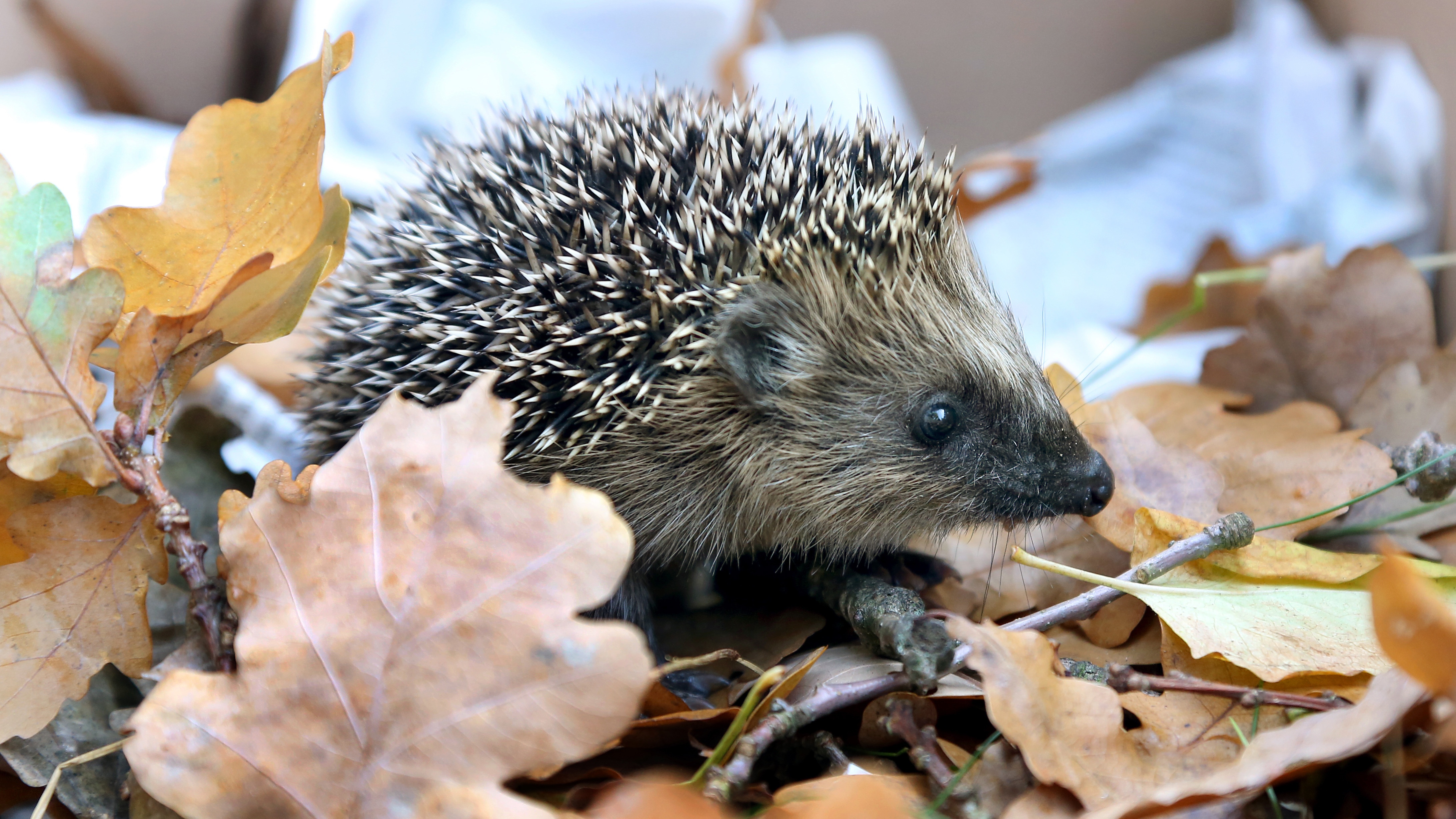
A free daily email with the biggest news stories of the day – and the best features from TheWeek.com
You are now subscribed
Your newsletter sign-up was successful
British wildlife is at greater risk after Brexit because of gaps in environmental protection regulations, a new report has found.
The UK faces losing regulations that prevent hedgerows being cut during nesting season and bans the use of pesticides in certain areas. These are some of the findings of a new study, jointly commissioned by The Wildlife Trusts, the Royal Society for the Protection of Birds (RSPB) and WWF.
So what will Brexit mean for wildlife in the UK?
The Week
Escape your echo chamber. Get the facts behind the news, plus analysis from multiple perspectives.

Sign up for The Week's Free Newsletters
From our morning news briefing to a weekly Good News Newsletter, get the best of The Week delivered directly to your inbox.
From our morning news briefing to a weekly Good News Newsletter, get the best of The Week delivered directly to your inbox.
Wildlife
A new Agriculture Bill, being debated in the Commons today, will end payments to farmers based on the amount of land farmed, and instead pay them to protect wildlife and the environment, and store carbon.
While the agricultural industry has largely welcomed the move, critics say the new bill does not go far enough, says The Guardian. There is concern that as farmers lose payments under the EU common agricultural policy, protective regulations could also fall away.
Ellie Brodie, from The Wildlife Trusts, said: “We’re really concerned that the Agriculture Bill does not contain the regulation that’s so desperately needed and nature will continue to take the rap.
A free daily email with the biggest news stories of the day – and the best features from TheWeek.com
“Gaps must be filled and enforcement must be strengthened if we’re to address the nature crisis and climate emergency.”
And Debbie Tripley, of the WWF, said: “Unless the government starts plugging the gaps left by EU regulation, our soils, hedgerows and the wildlife that depends on them are at risk.”
A spokesperson for the Department for Environment, Food and Rural Affairs (Defra) said the government would “continue to be a world leader on the environment” after Brexit, adding “both the Agriculture Bill and the Environment Bill are a crucial part of that.
“We will not lower the exceptionally high environmental standards we already hold. In fact, leaving the EU means we can transform British agriculture to reward farmers for enhancing the environment, tackling climate change and protecting our wildlife for future generations,” said the spokesperson.
Fish
The government has pledged that all fish stocks in UK waters will be fished at sustainable levels after Brexit.
The new Fisheries Bill will give the UK power to operate as an independent coastal state after Brexit, and guarantees it will quit the EU common fisheries policy in December, says the BBC.
Fishing is likely to be a key area of contention in trade talks between the UK and the EU 27, as the UK leaves the common fisheries policy and EU fisheries lose automatic right of access to British waters.
Leo Varadkar, the Irish Taoiseach, said the UK “may have to make concessions in areas like fishing in order to get concessions from us in areas like financial services”.
But Environment Secretary Theresa Villiers said the new Fisheries Bill “takes back control of our waters” and would enable the UK “to create a sustainable, profitable fishing industry for our coastal communities, whilst securing the long-term health of British fisheries”.
The prime minister said in a speech on Monday that British fishing grounds will be “first and foremost for British boats”.
Pets
While the UK remains in the “transition period” in 2020, owners will be able to travel to EU countries with their pets using UK-issued EU pet passports.
From 1 January 2021, the UK will be a “third country” and will fall into one of three categories designated by the EU Pet Travel Scheme: unlisted, part 1 listed, or part 2 listed.
The UK will have to apply to the European Commission to be listed. If it is an unlisted country, the UK government website lists the steps that owners must take:
- You must have your dog, cat or ferret microchipped and vaccinated against rabies
- Your pet must have a blood sample taken at least 30 days after its last rabies vaccination. (whether that’s a booster or initial vaccination) Your vet may recommend a booster rabies vaccination before this test.
- Your pet’s blood sample will be sent to a to an EU-approved blood testing laboratory
- Wait 3 months from the date the successful blood sample was taken before you can travel.
- The vet must give you a copy of the test results and enter the day the blood sample was taken in an animal health certificate (AHC).
Your pet must have an AHC issued no more than 10 days before travel, and it must be signed by an official vet. To get an AHC, you will need your pet’s vaccination history, its microchipping date, and a successful rabies antibody blood test result.
On arrival in the EU, owners and pets will need to go through a designated travellers’ point of entry (TPE). At the TPE, you may need to present proof of your pet’s microchip, its rabies vaccination, successful blood test results, tapeworm treatment, and your pet’s health certificate.
If the UK becomes part 1 listed, it will operate under similar rules as EU member states. You’ll need a pet passport and you must have your pet microchipped and vaccinated against rabies at least 21 days before travel.
If the UK becomes part 2 listed, owners should follow the procedure for part 1 listed, but will also need an AHC and may be required to provide more proof at a TPE.
Farm animals
The National Farmers’ Union (NFU) has written to Boris Johnson demanding “more than just verbal assurances to ensure our standards are properly safeguarded”.
In an open letter to the prime minister, a coalition of 60 farming, environmental, animal welfare and public health organisations says British farming can become a world leader.
“Brexit can be a catalyst for UK farming not just to be the envy of the world, but to provide gold-standard model for high standard, high quality, sustainable food production,” reads the letter, which was sent last weekend.
The EU agri-food chain – which includes organisations such Copa-Cogeca, CELCAA and FoodDrinkEurope – has called for a Brexit deal that includes an FTA with zero tariffs and quantitative restrictions between the EU and the UK, reports food trade website Food Ingredients First.
In a speech on Monday morning, Johnson said that the UK would not enter into any “race to the bottom” by cutting regulations to make the country more competitive against the EU.
The prime minister said that the UK often has more stringent rules than the bloc or other member states, citing the UK’s plan to ban the export of live animals for slaughter.
-
 Political cartoons for February 20
Political cartoons for February 20Cartoons Friday’s political cartoons include just the ice, winter games, and more
-
 Sepsis ‘breakthrough’: the world’s first targeted treatment?
Sepsis ‘breakthrough’: the world’s first targeted treatment?The Explainer New drug could reverse effects of sepsis, rather than trying to treat infection with antibiotics
-
 James Van Der Beek obituary: fresh-faced Dawson’s Creek star
James Van Der Beek obituary: fresh-faced Dawson’s Creek starIn The Spotlight Van Der Beek fronted one of the most successful teen dramas of the 90s – but his Dawson fame proved a double-edged sword
-
 Climate change could lead to a reptile ‘sexpocalypse’
Climate change could lead to a reptile ‘sexpocalypse’Under the radar The gender gap has hit the animal kingdom
-
 How drones detected a deadly threat to Arctic whales
How drones detected a deadly threat to Arctic whalesUnder the radar Monitoring the sea in the air
-
 ‘Jumping genes’: how polar bears are rewiring their DNA to survive the warming Arctic
‘Jumping genes’: how polar bears are rewiring their DNA to survive the warming ArcticUnder the radar The species is adapting to warmer temperatures
-
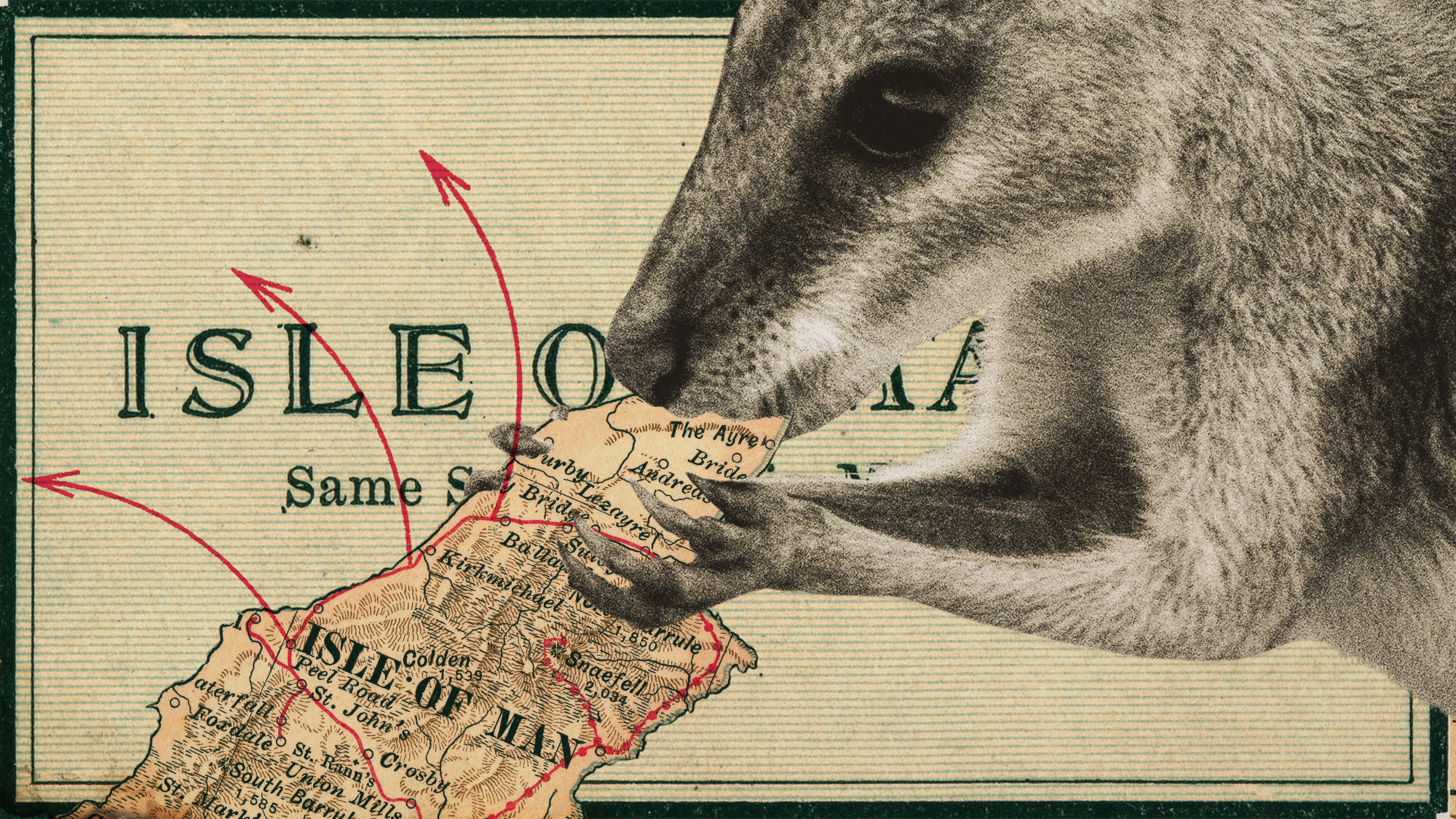 The UK’s surprising ‘wallaby boom’
The UK’s surprising ‘wallaby boom’Under the Radar The Australian marsupial has ‘colonised’ the Isle of Man and is now making regular appearances on the UK mainland
-
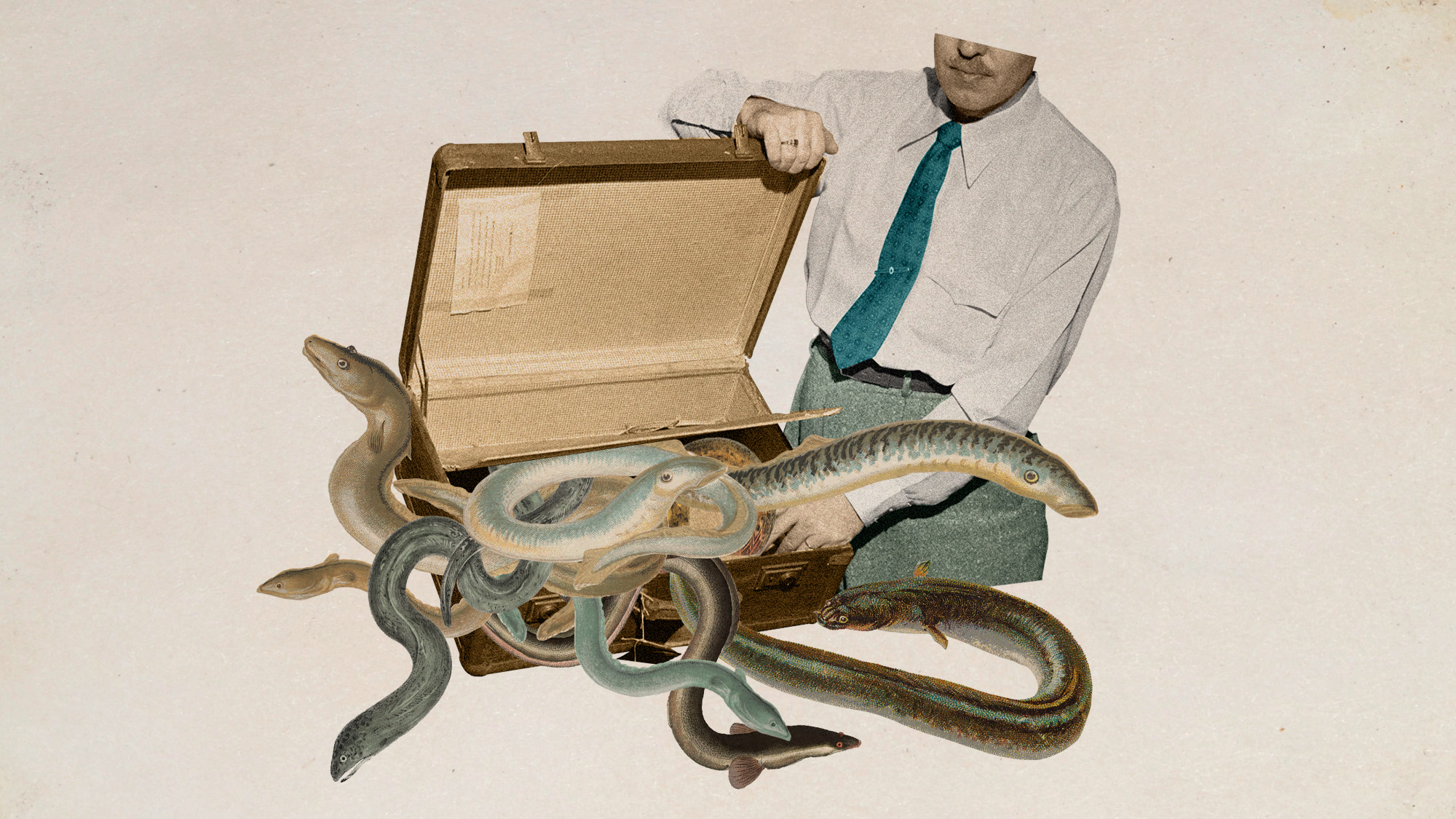 Eel-egal trade: the world’s most lucrative wildlife crime?
Eel-egal trade: the world’s most lucrative wildlife crime?Under the Radar Trafficking of juvenile ‘glass’ eels from Europe to Asia generates up to €3bn a year but the species is on the brink of extinction
-
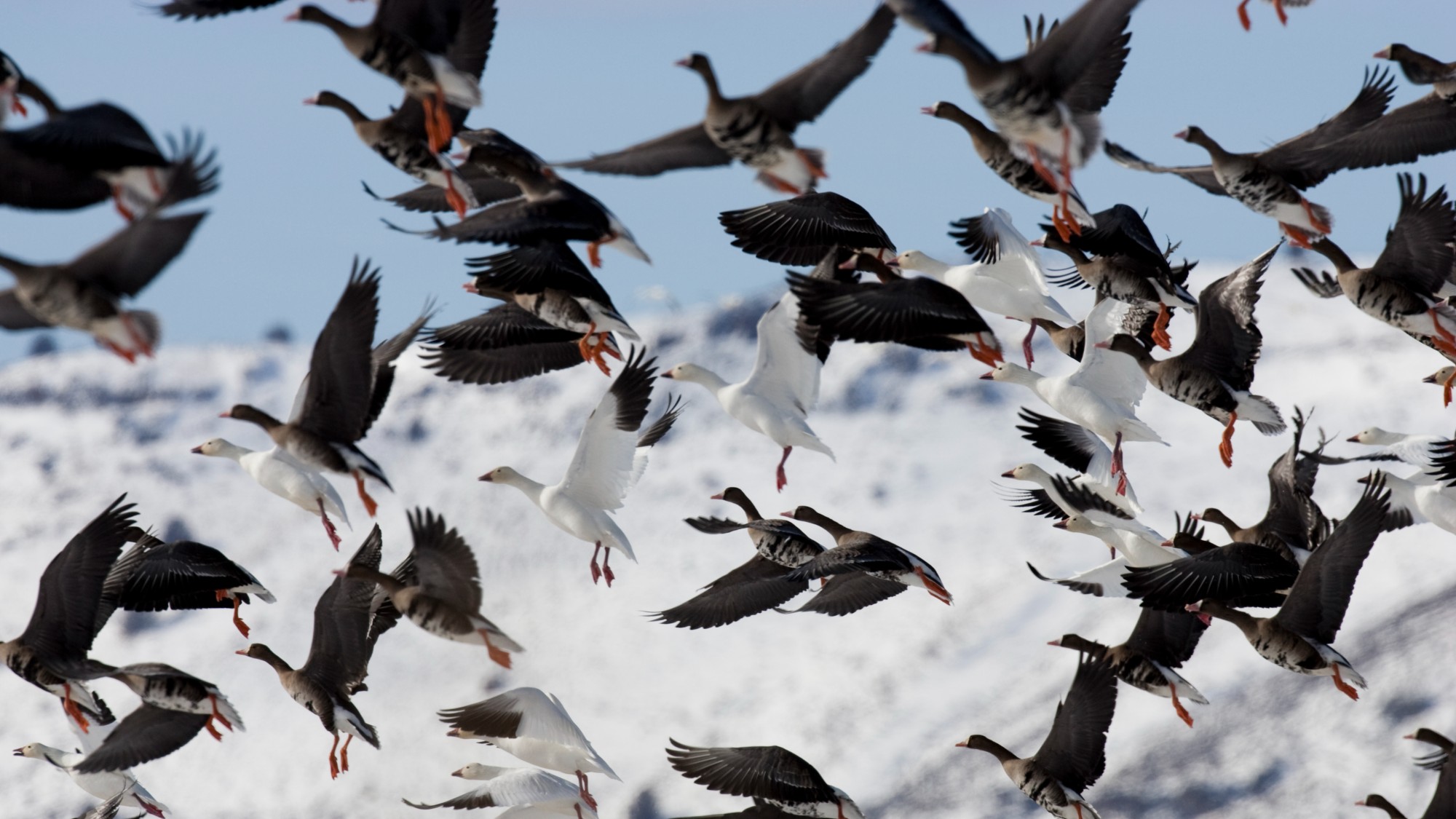 Icarus programme – the ‘internet of animals’
Icarus programme – the ‘internet of animals’The Explainer Researchers aim to monitor 100,000 animals worldwide with GPS trackers, using data to understand climate change and help predict disasters and pandemics
-
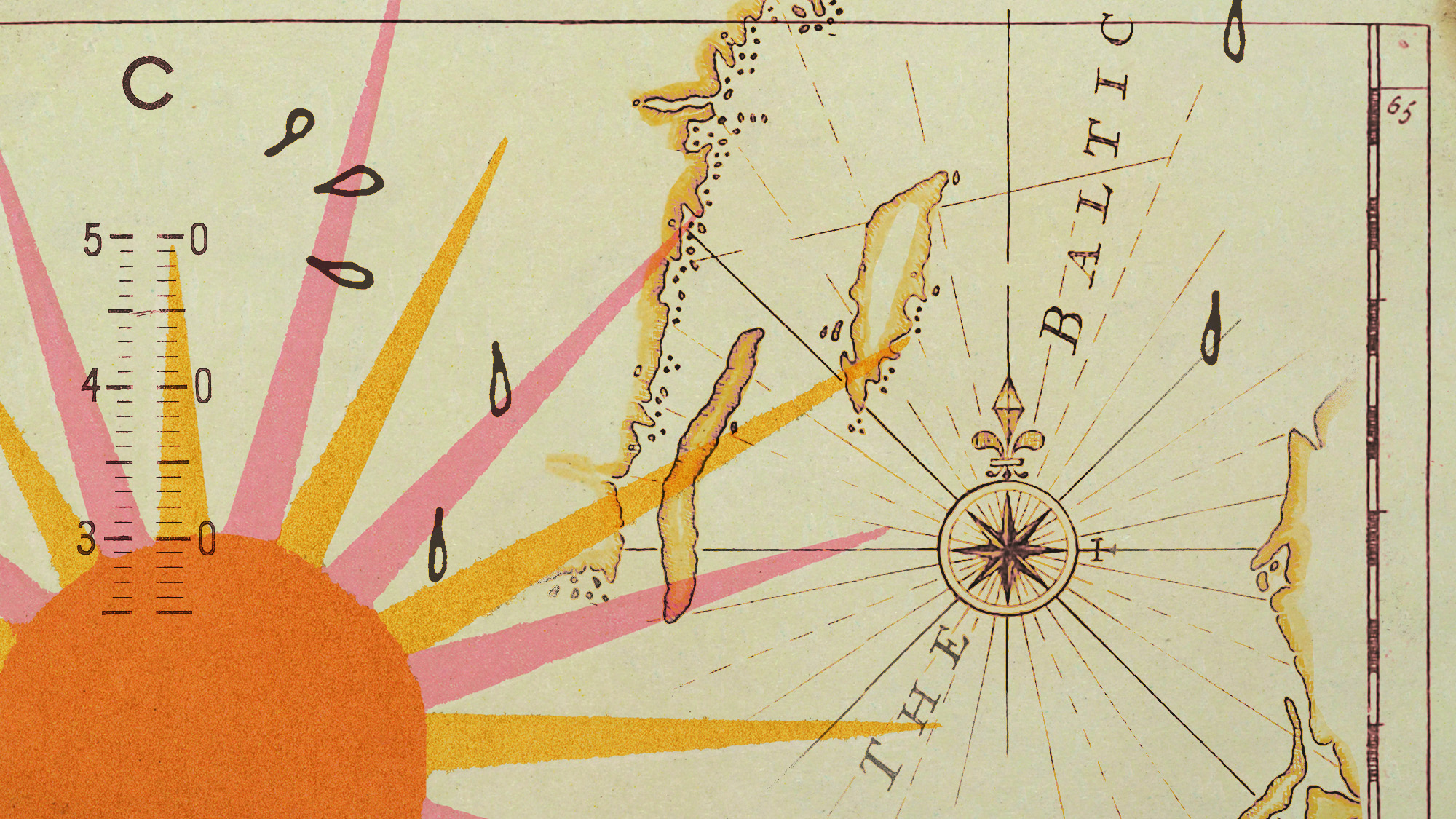 What do heatwaves mean for Scandinavia?
What do heatwaves mean for Scandinavia?Under the Radar A record-breaking run of sweltering days and tropical nights is changing the way people – and animals – live in typically cool Nordic countries
-
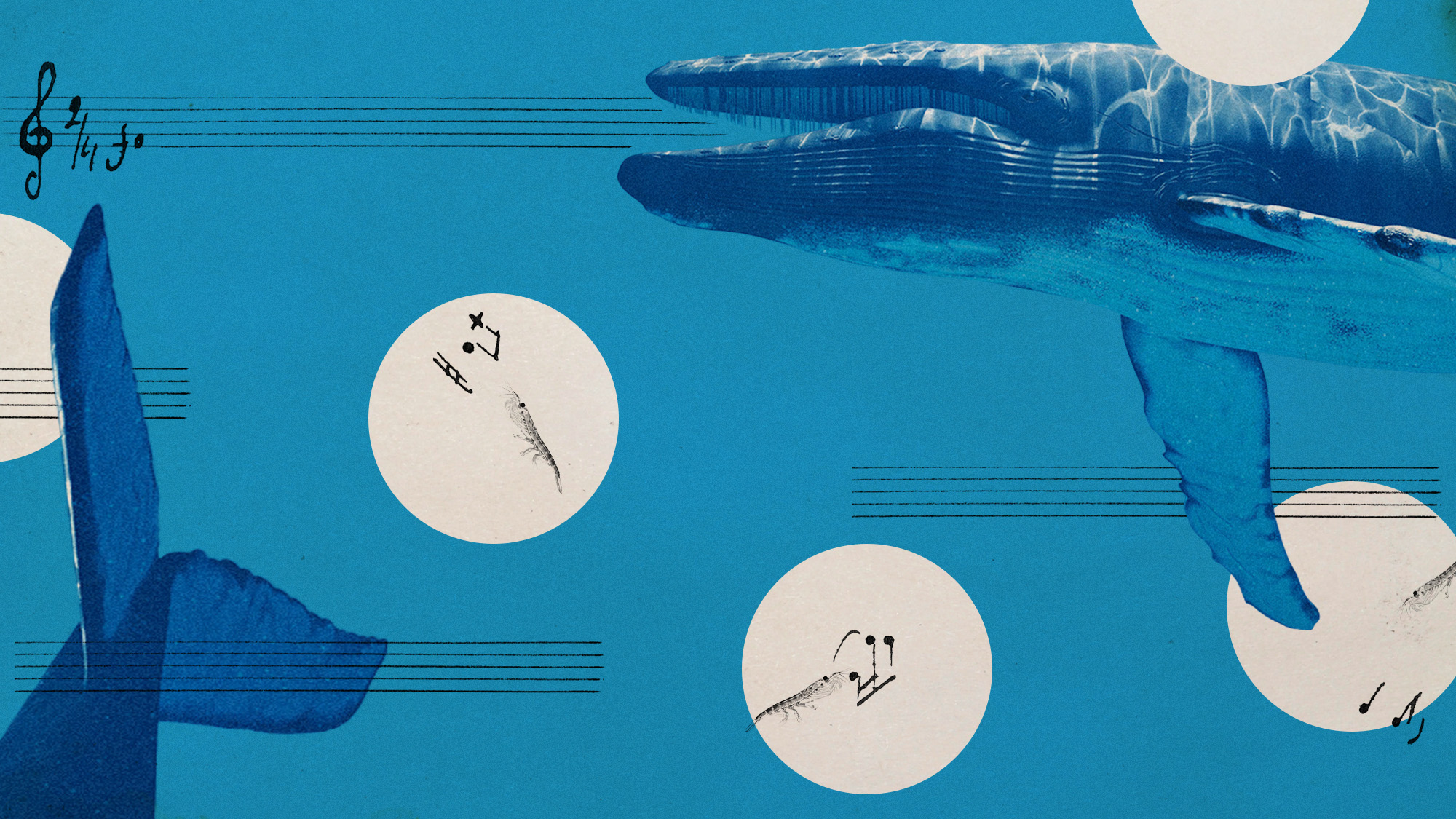 Blue whales have gone silent and it's posing troubling questions
Blue whales have gone silent and it's posing troubling questionsUnder the radar Warming oceans are the answer